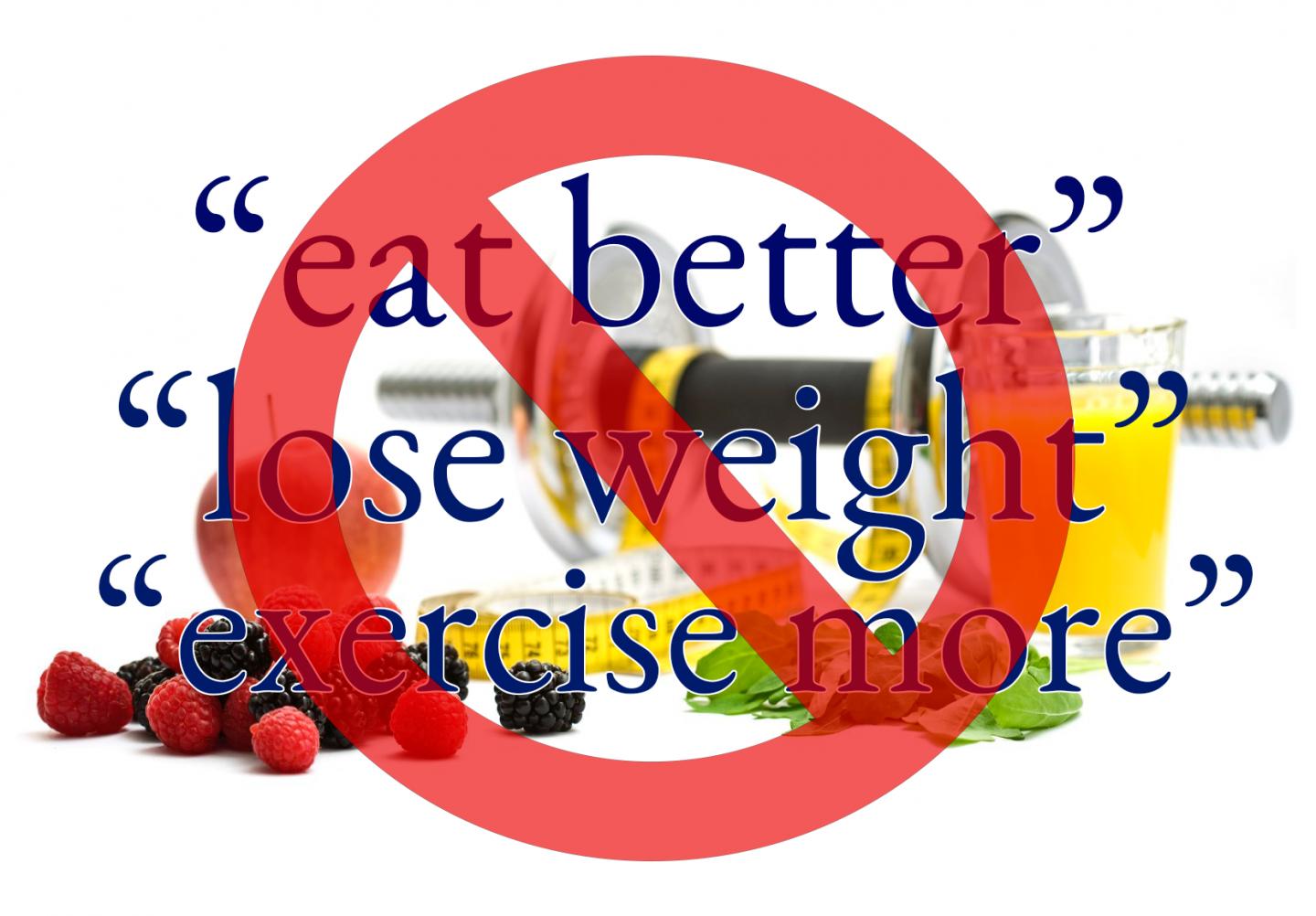Patients shed more weight when doctors give specific tips, study finds

Credit: Duke University
DURHAM, N.C. — When it comes to losing weight, doctors’ messages to their patients can make a powerful difference, according to new research from Duke University.
Participants in the study had only modest weight loss when doctors gave generic advice such as “you should exercise more.” They fared much better when doctors instead provided specific instructions.
“Just telling somebody to lose weight or improve their diet or physical activity didn’t
work,” said study co-author Gary Bennett, a professor of psychology at Duke. “The doctor should instead encourage patient participation in a specific program.”
The new paper appears Wednesday in the Journal of General Internal Medicine.
The year-long study took place among 134 study participants who were overweight, predominantly female and had a mean age of 51. In addition to weight problems, participants had additional health concerns such as hypertension and diabetes.
Study participants were invited to take part in a comprehensive weight-loss program that included tailored behavioral goals, educational material, calls from coaches and text messages with weight-loss tips and progress reports.
Participants also checked in regularly with health care providers. Some doctors or nurses simply urged patients in general terms to “lose weight” or “exercise more.” Other health care providers, though, gave specific advice that reinforced the comprehensive weight-loss program, such as encouraging patients to take calls from weight-loss coaches. Patients in the latter group lost nearly 7 pounds more on average.
The amount of empathy doctors displayed made a difference, too. Patients who rated their providers as empathetic and caring lost about 7 pounds more on average than those who did not.
“Patients who enroll in a weight-loss program should consider asking their health care providers to check in on their progress,” said study co-author Megan McVay, an assistant professor at University of Florida. “This can help keep them accountable. It is also important to have a provider that they feel cares about them and has sympathy towards how hard it is to lose weight.”
###
Funding for the research was provided by the National Institutes of Health (R01DK093829, K23HL127334 and K12HD043446).
CITATION: “Provider counseling and weight loss outcomes in a primary care-based digital obesity treatment,” Megan McVay, Dori Steinberg, Sandy Askew and Gary G. Bennett. Journal of General Internal Medicine, March 2019.
DOI: 10.1007/s11606-019-04944-5
Media Contact
Alison Jones
[email protected]
Original Source
https:/
Related Journal Article
http://dx.




